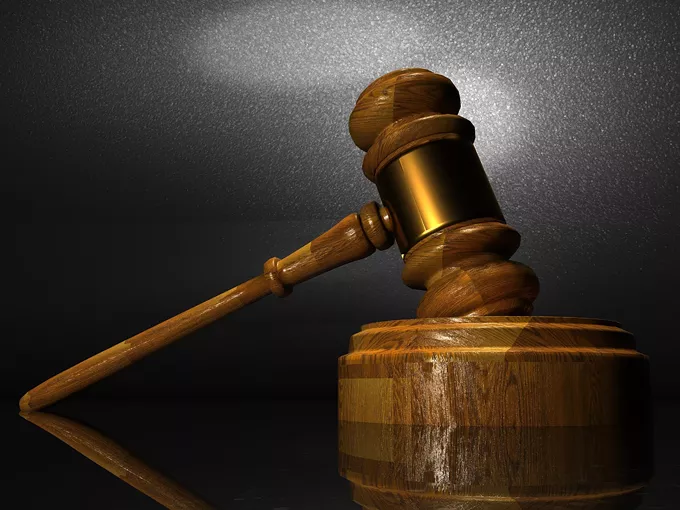When Arizona voters went to the polls in November to legalize cannabis via Prop 207, they not only opened the door to recreational marijuana use, but also expungement of pot-related convictions for nearly 200,000 residents.
As the July 12 start date for qualified individuals to submit petitions to clear their records nears, clinics designed to help navigate the system have begun to pop up around the state.
In the Tucson area, cannabis entrepreneur Zsa Zsa Simone Brown will provide information at a Tucson Urban League Young Professionals Juneteenth event on Saturday, June 19, and Southern Arizona NORML will host a free Expungement Resource Clinic at Harambe Café in Tucson on Saturday, July 3.
The Arizona Department of Public Safety reported that as of June 2020, there are more than 192,000 residents with low-level pot charges that can be expunged, although the number of people expected to follow through with petitions is expected to be a fraction of that number, according to analysis by the Joint Legislative Budget Committee in 2020.
The Medical Marijuana Fund will provide $4 million to help facilitate the expungement process to be distributed by yet-unidentified nonprofits that applied to the Arizona Department of Health Services last month.
Anyone with an existing conviction that has been decriminalized or made legal with the passage of 207 can be have their records eliminated and sealed, including charges or convictions for possession of up to 2.5 ounces of flower or up to 12.5 grams of concentrate, possession of paraphernalia, or a charge of growing up to six plants for personal consumption.
A Southern Arizona NORML board member, Brown will participate in the Juneteenth event, not as a NORML representative, but as a Black businesswoman who hopes to expand opportunities for people of color in what is expected to be a multi-billion-dollar cannabis industry.
"Petty cannabis crimes can scar peoples' lives just because of possession of medicine," she said. "Why should these people have their lives ruined while other people in the industry are getting rich? This is an opportunity for people to have a life after cannabis."
Brown is a member of a group calling itself Acre 41, composed of four "influential female Black, Indigenous, and people of color" who hope to procure one of 26 social equity licenses, but also advocate for underserved communities in the growing cannabis market.
Acre 41 alludes to the idea that "not only is it time for the long-promised 40 acres and a mule to Blacks, it is time for an extra acre—41 acres," according to a May 7 press release from the group.
The Juneteenth celebration, hosted by the Tucson Urban League Young Professionals, will take place from 4 to 8 p.m. at the Dunbar Pavilion, 325 W. Second St. Brown will offer information about the expungement process, but also about business opportunities in the cannabis industry.
"How would you know you could get it expunged if someone doesn't tell you you could get it expunged on July 12?" Brown asked. "There are people who don't have computers, access to information or a way to file the paperwork. Some people think they don't have the money to do it. There are a lot of reasons we need to get the message out."
She has been getting as much information out as she can through social media and through her business and advocacy work in Tucson and has identified three additional places she hopes to utilize this summer. More information is available by emailing acre41@gmail.com.
Acre 41 is working with NDICA, a Los Angeles-based 501(c)(3) nonprofit whose mission is "to create an ethical and equitable cannabis industry to reduce barriers contributing to the lack of representation of those most impacted by the War on Drugs, including people of color and other marginalized community members."
For Brown, the mission is to legitimize the cannabis business and treat marijuana like the medication it can be for people like her, whose life has been positively affected by the plant.
It's also about being a conduit for people whose lives have been negatively affected by draconian pot laws.
"They can't rely on the state or cities to help them," she said. "I think there should be auto-expungement with the court system ... why not make it automatic?"


